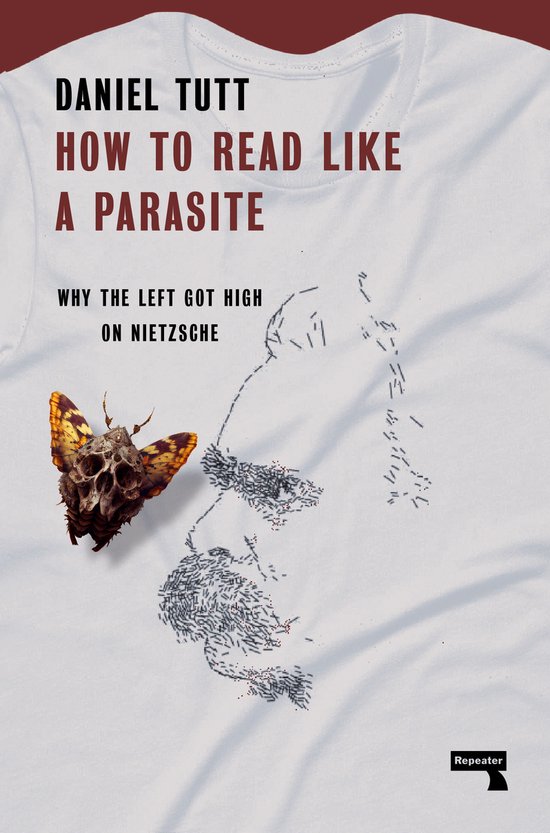
How to Read Like a Parasite
A how-to guide for the left on how to overcome Nietzsche's divisive and damaging influence.
How to Read Like a Parasite overturns the whitewashed and defanged version of Nietzsche that has been made popular by generations of translators and academic philosophers who have presented his work as apolitical and without a core reactionary agenda.
The central argument of the book is that Nietzsches philosophy does have a center, and that the left learns a great deal from Nietzsche when we read him as driven by a highly sophisticated reactionary political vision that informs all his major concepts and ideas.
The most important Nietzschean concepts from perspectivism, ressentiment, eternal return to the pathos of distance are analyzed in the historical context in which Nietzsche lived and wrote, and several case-studies of prominent left-Nietzscheans from Jack London, Gilles Deleuze, Wendy Brown to Huey Newton are discussed.
How to Read Like a Parasite makes a persuasive case for how we can overcome Nietzsches damaging influence on the left, showing us how to read and understand his work without becoming victims of it.
How to Read Like a Parasite overturns the whitewashed and defanged version of Nietzsche that has been made popular by generations of translators and academic philosophers who have presented his work as apolitical and without a core reactionary agenda.
The central argument of the book is that Nietzsches philosophy does have a center, and that the left learns a great deal from Nietzsche when we read him as driven by a highly sophisticated reactionary political vision that informs all his major concepts and ideas.
The most important Nietzschean concepts from perspectivism, ressentiment, eternal return to the pathos of distance are analyzed in the historical context in which Nietzsche lived and wrote, and several case-studies of prominent left-Nietzscheans from Jack London, Gilles Deleuze, Wendy Brown to Huey Newton are discussed.
How to Read Like a Parasite makes a persuasive case for how we can overcome Nietzsches damaging influence on the left, showing us how to read and understand his work without becoming victims of it.
| Auteur | | Daniel Tutt |
| Taal | | Engels |
| Type | | Paperback |
| Categorie | | Mens & Maatschappij |